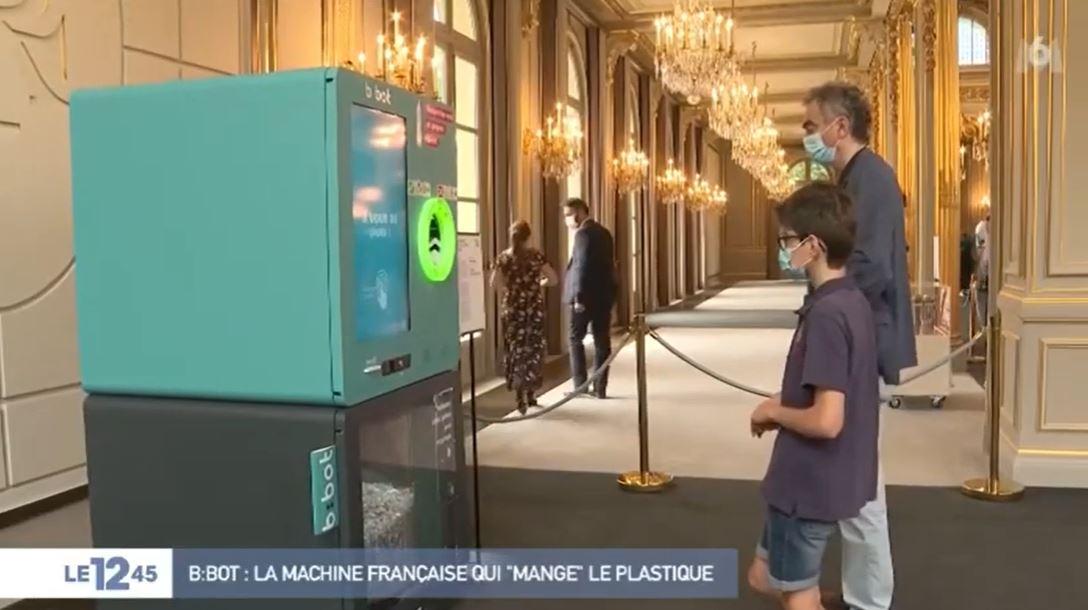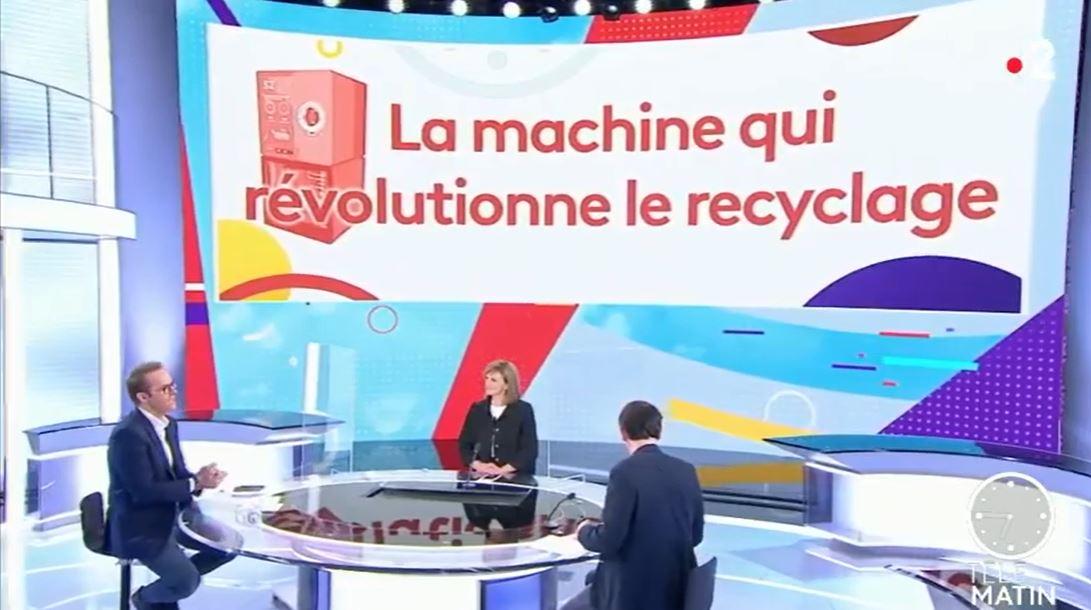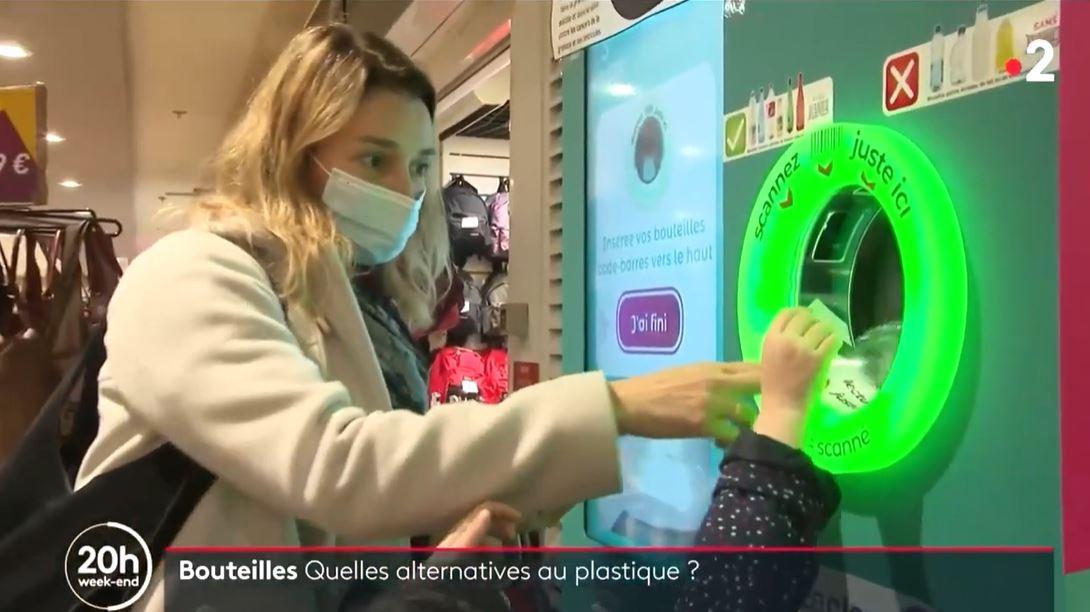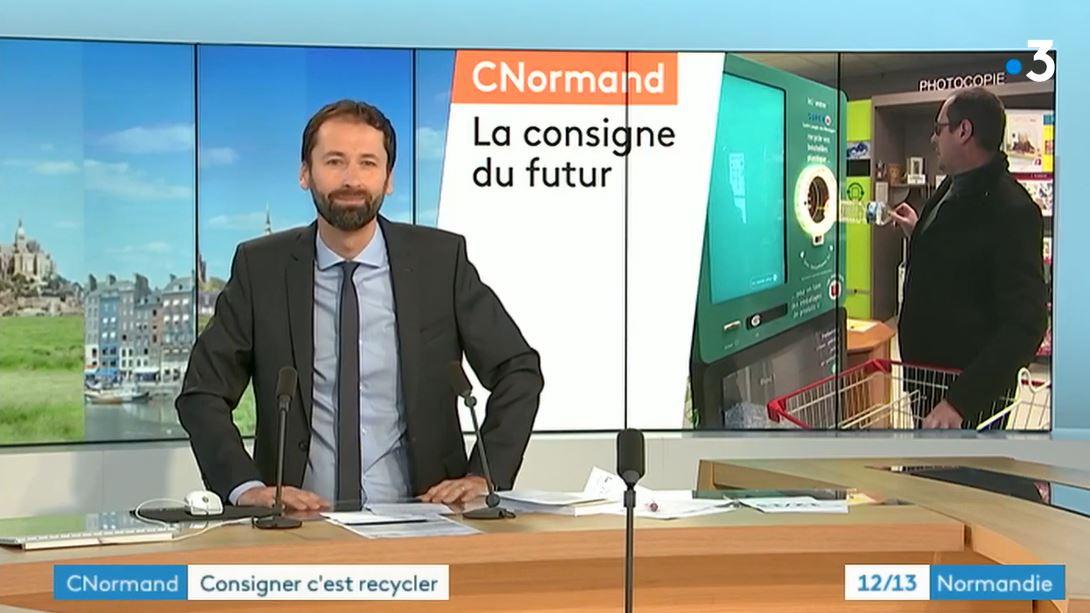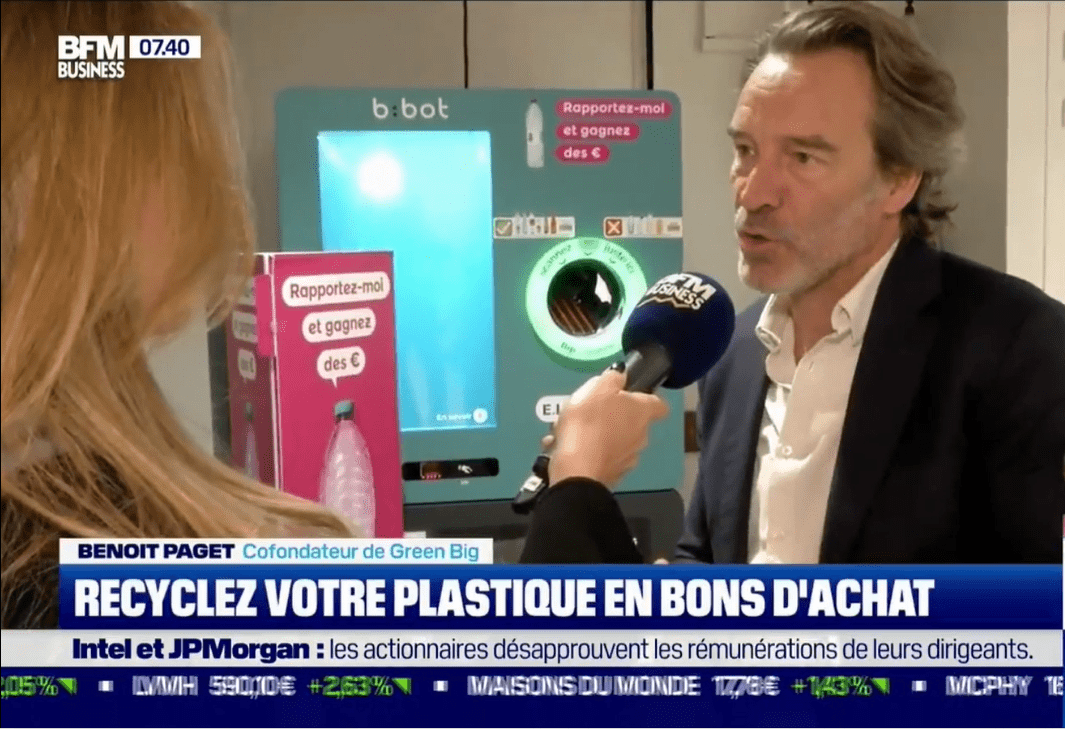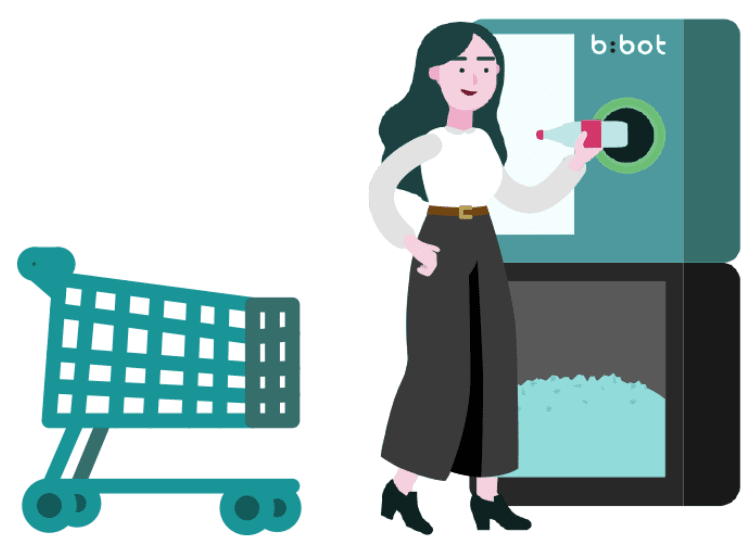
The best way to recycle your bottles
And for every bottle recycled, you earn euros.
Enter your zip code and find the b:bot nearest you
Zuuut !
Il n’y a pas encore de b:bot à moins de 15km de chez vous. Mais pas de panique, nous arrivons bientôt !
Saisissez votre adresse mail et votre code postal, nous vous préviendrons dès qu’une b:bot débarque près de chez vous !
Horaires d'affluence
INFORMATION EN TEMPS REEL
Horaires d'affluence
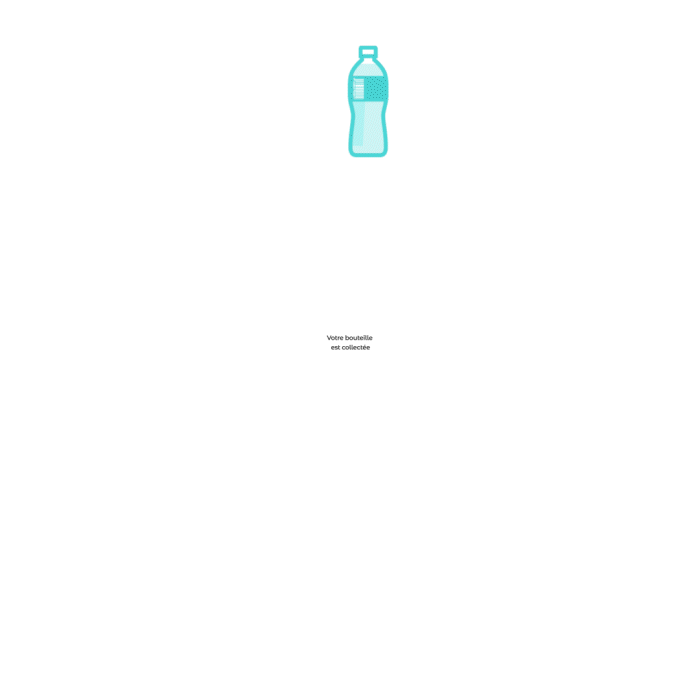
100% of bottles are recycled!
This is our commitment
And we explain how
All bottles collected by b:bot are cut into small pieces.
This cut plastic is a valuable raw material for the manufacture of new bottles.
It is then sent to French recyclers, who use it to produce new plastic bottles.
In this way, colorless bottles, which represent 95% of our collection, will become bottles again, and colored bottles, which represent 5% of our collection, will become textile fibers.
Why is cutting bottles into small pieces so great?
The 3 advantages of plastic cut into small pieces
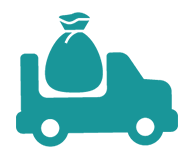
10 times less volume
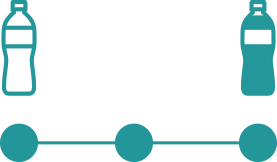
We reduced the process by 8 steps
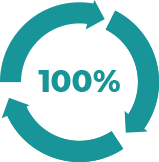
100% recycled
Recycling your bottles
is as easy as b:bot

Sort
at home

Bring
your bottles

Admire the process

Earn
euros
"With b:bot, we can participate in recycling in our own way, but the most important thing is that it helps to teach my daughter how to do things. "

"I hope the voucher will encourage people who don't recycle to do so. "

"I prefer to use b:bot in the yellow garbage can, seeing my bottle turn into glitter feels more tangible. "

"I really like this machine, I recycle my bottles every time I go shopping, it's as easy as putting them in the garbage can. "

They’re talking about b:bot
FAQ
The reward varies between 1ct and 2cts per bottle, depending on the store.
Yes, your cork will be crushed and recycled. With b:bot, everything is reused!
B:bot loves all bottled drinks: sodas, juices, waters
No, the milk bottle is made of HDPE. This material cannot be recycled in the same way as other plastic bottles made from PET.
All your clear plastic bottles become new bottles, and colored plastic bottles like sparkling water become textile fibers.

